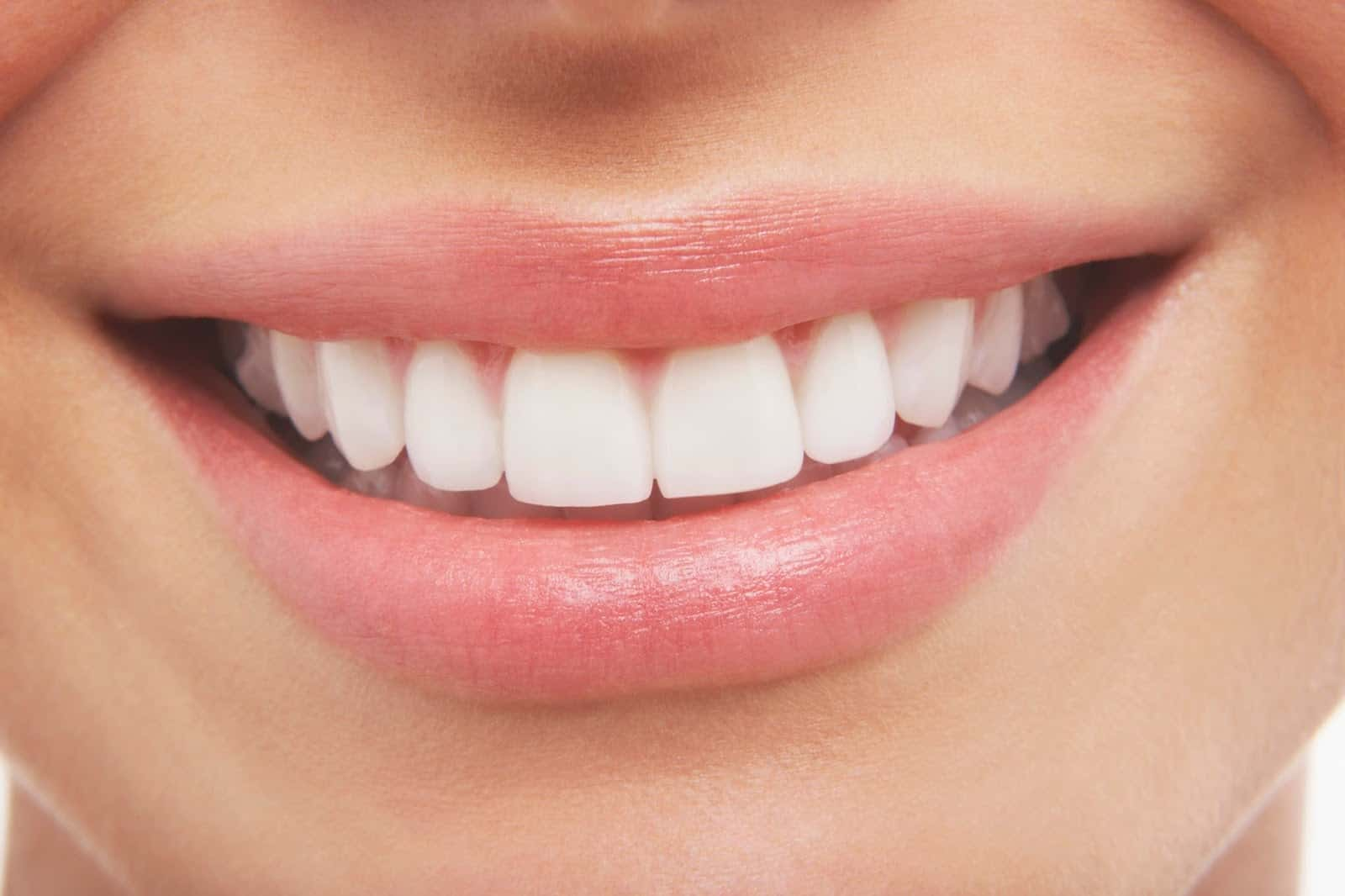Are Whitening Toothpastes Really Effective?
Salih ÖNDER2022-09-05T22:56:16+03:00It is everyone’s dream to have white and bright teeth, and the first thing that comes to mind as the simplest and cheapest method to realize this dream is whitening toothpastes. Abrasives, peroxide, and some enzymes have been added to toothpastes as whiteners. Calcium carbonate, dicalcium phosphate dihydrate, alumina, silica, sodium bicarbonate, which we read in the ingredients part of toothpastes, are abrasive particles. Abrasive particles are necessary substances in toothpastes to remove food residues and dental plaque accumulated on the teeth.
The substances that make bleaching without abrasion are peroxide, citrate, pyrophosphate, hexametaphosphate, surfactant and enzymes. In addition, hydroxyapatite added to toothpastes precipitates into the pits on the tooth enamel, making the teeth appear whiter and brighter. Whitening toothpastes can only affect external discoloration. It has no effect on internal coloring.
Today, most of the toothpastes introduced as whitening toothpaste whiten teeth by showing abrasive effect. Prolonged brushing with these toothpastes containing large-particle abrasives erodes the enamel and makes it more vulnerable to discoloration. As a result, teeth with thinned enamel become sensitive and appear more yellow, unlike our target. Whitening toothpastes can be used once a day at most. This application should be used in one of the daytime brushing procedures, not before going to bed at night. It is necessary to remember that our tooth color is inherited and unique to you, like hair and skin color, and to be happy with what we have. However, if you want to have whiter teeth, the whitening process to be applied by your dentist is the most effective and harmless method.
Bakirkoy
Hospital Chief Physician Dt. Selma KURTOGLU

